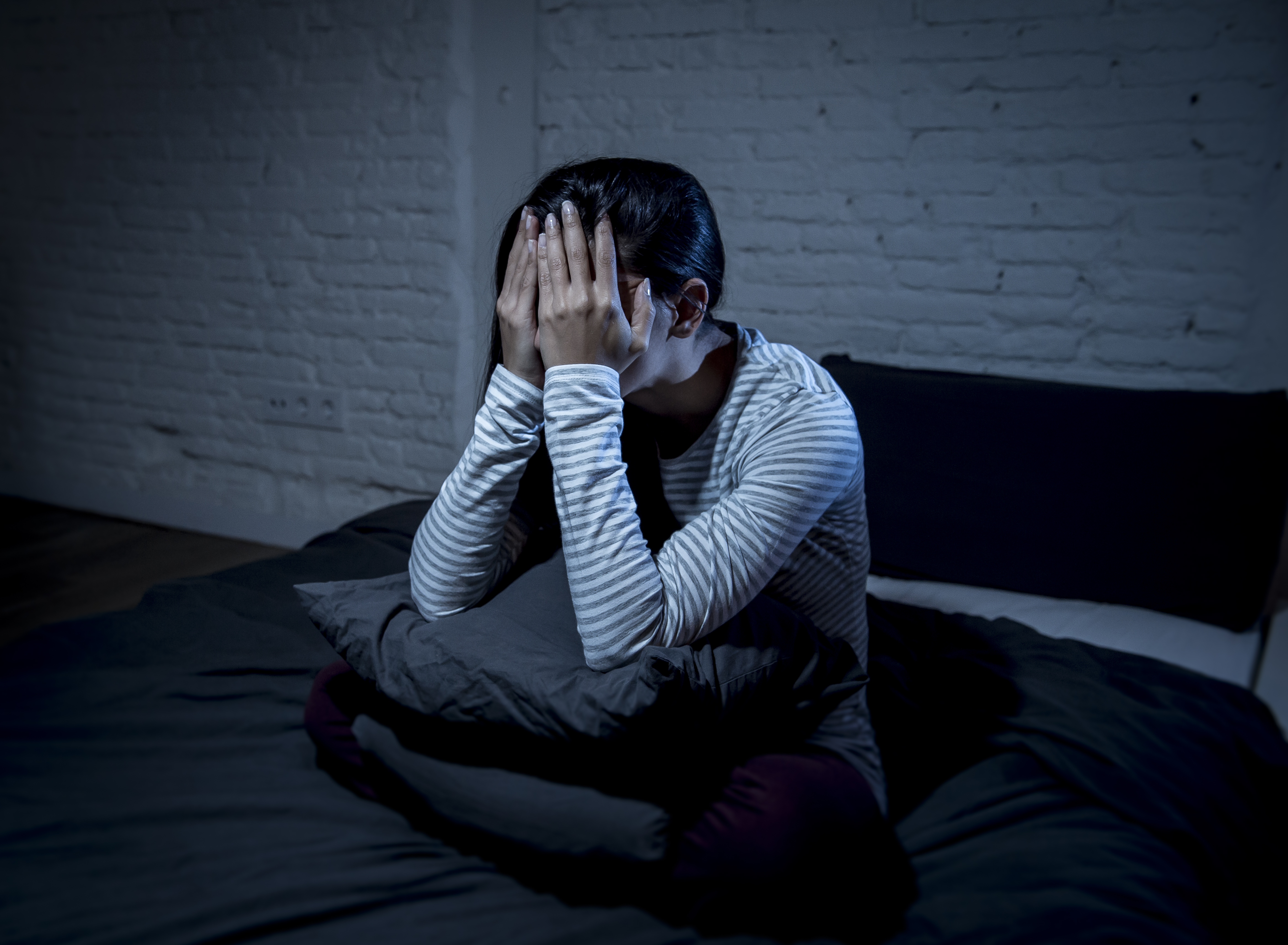29 Aug Insomnia After Burn Injury

Insomnia is a common sleep disorder that plagues millions of people worldwide. It exists in countless torturous forms: difficulty in falling asleep, difficulty in staying asleep, poor quality of sleep, waking too early, and even nightmares. It is relentless — affecting health, sleep, and work performance. In short, it wreaks total havoc on quality of life. Insomnia is the most common type of sleep problem for people who have burn injuries, and it affects more than 50 percent of people who have sustained burn injuries.
Sleep problems for burn survivors are most prevalent immediately following a burn injury, during the most critical stages of healing and recovery. Insomnia affects each individual differently and may occur sporadically, requiring different solutions for different times. Research provided by the Model Systems Knowledge Translation Center (MSKTC), www.msktc.org, has provided us with both causes of sleep problems and options for treatment.
Many factors can cause sleep problems after a burn injury. These include:
• Reviewing the burn event itself
• Pain and /or itching
• Depression
• Anxiety and post-traumatic stress disorder (PTSD), including fear of falling sleep to avoid nightmares
• Changes in hormone levels and other chemicals in the body that affect sleep
• Sleep apnea (pauses in breathing) during sleep
• Breathing difficulty – if respiratory passages were affected by the burn injury
• Contractures caused by scar tissue that can restrict mobility and comfort
• Medications prescribed to treat any of the problems listed above
Poor sleep is harmful and can cause serious problems for anyone in a variety of ways. It can interfere with recovery for the burn survivor, causing undue stress and debilitation. If left untreated insomnia can:
• Cause changes in behavior, including irritability and restlessness
• Increase pain
• Retard wound healing
• Cause problems during the day, including depression, inability to handle stress, lethargy, loss of focus, and increased risk of accidents
 It is important for anyone, particularly a burn survivor, to seek treatment for any and all sleep issues. Many treatment options are available for sleep problems. These include: good sleep hygiene, stimulus control, relaxation training, cognitive behavioral therapy (CBT), light therapy, and medication (pharmacological) treatments. The choice of treatment depends primarily on where you are in your stage of recovery from burn injury, as well as on the cause, type and severity of the problem. Your medical team will try to understand your sleep pattern prior to the injury to use as a baseline for the problems you’re having after the injury.
It is important for anyone, particularly a burn survivor, to seek treatment for any and all sleep issues. Many treatment options are available for sleep problems. These include: good sleep hygiene, stimulus control, relaxation training, cognitive behavioral therapy (CBT), light therapy, and medication (pharmacological) treatments. The choice of treatment depends primarily on where you are in your stage of recovery from burn injury, as well as on the cause, type and severity of the problem. Your medical team will try to understand your sleep pattern prior to the injury to use as a baseline for the problems you’re having after the injury.
Suggestions for good sleep hygiene include:
• Consistent times for going to bed, waking up, and taking naps (only if needed)
• Avoidance of drinks, food, and drugs with caffeine in the late evening
• Avoidance of alcohol, especially if you are taking other medications that make you drowsy
• Avoidance of nicotine in all forms before bedtime
• Avoidance of stimulating activities late in the evening
• Implementation of a regular exercise program once approved to do so. Mild exercise may be done 4 hours before bedtime, but avoid rigorous exercise 6 hours before bedtime
• Avoidance of large meals close to bedtime
Stimulus control is a method of controlling a situation in which behavior is triggered by the presence or absence of stimulus. In the context of the burn survivor, this means reprogramming any negative associations of lack of sleep at bedtime and/or in the bedroom and replacing them with positive sleep-promoting and calm activities. If trouble falling asleep occurs over a long period of time, sometimes people develop a habit of thinking they won’t fall asleep, and these thoughts keep them awake. In this instance, reprogramming your associations with bedtime using calm and sleep-promoting activities can be very helpful. Suggestions for positive stimulus control include:
• Go to bed only when sleepy
• Set a regular wake-up time no matter what time you went to sleep the night before
• Get up when you are awake for more than 20 minutes
• Avoid reading, watching TV, eating, or worrying in bed
• Do not nap during the day.
Relaxation training consists of techniques that reduce tension and anxiety to help you fall asleep at bedtime, or help you fall back asleep if you awake in the night. Progressive muscle relaxation, meditation, imagery, biofeedback, hypnosis, and yoga are all popular training techniques.
Our body chemicals and hormones fluctuate in a natural 24-hour cycle called a circadian rhythm. If this natural cycle is disturbed for any reason, sleep problems can occur. Light therapy uses exposure to daylight (or light boxes that mimic daylight) to reset the circadian rhythms for sleeping and waking. This form of therapy is usually used in conjunction with sleep hygiene.
Pharmacologic treatment offers a number of effective medications that can help you sleep better. Sleep aids, antidepressants and/or anxiety medications may all be used alone or in tandem with any of the treatments listed above. All prescribed and over-the-counter sleep medications, or medications for any problem should be taken exactly as directed by your doctor.
Nothing in the health world is as important as a “good night’s rest.” It sounds so easy, but it’s so hard to achieve for so many. The many benefits it provides to overall health have been widely touted, but for the burn survivor working on a long and hard recovery, it is essential.
For more information about burn injuries please visit our website, www.burnsurvivor.com
To contact attorney Robert A. Brenner directly, call 800-669-7700 or [email protected]
To learn more about attorney Robert A. Brenner, please visit his website www.brennerlaw.com
